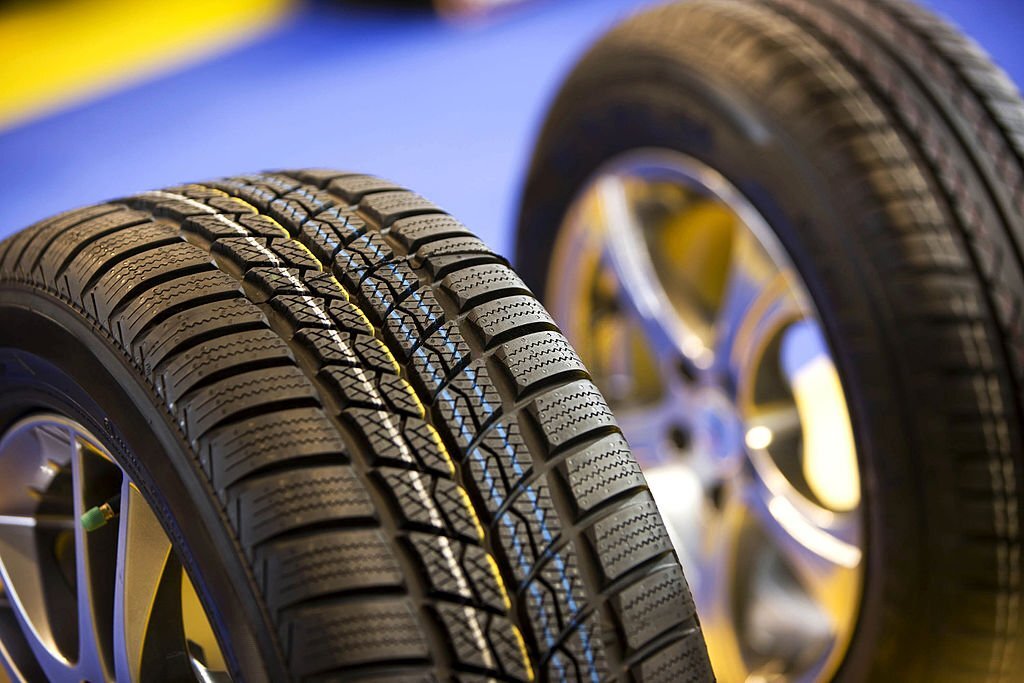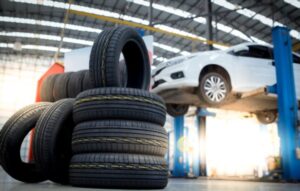When it comes to selecting the wheels for your vehicle, you may be faced with the decision of choosing between alloy and steel wheels. Each type of wheel has its own advantages and disadvantages, and it’s important to consider these factors when making your decision.
Pros of Alloy Wheels
One of the main advantages of alloy wheels is their lightweight construction. Alloy wheels are typically made from a mixture of aluminum and other metals, making them significantly lighter than steel wheels. This can lead to improved fuel efficiency and handling, as the reduced weight allows for quicker acceleration and improved braking. Alloy wheels are also more aesthetically appealing than steel wheels, with a sleek and modern design that can enhance the overall appearance of your vehicle. In addition, alloy wheels are available in a variety of styles and finishes, making them a versatile option for drivers who want to customize the look of their vehicle.
Cons of Alloy Wheels
One of the main disadvantages of alloy wheels is their cost. Alloy wheels are typically more expensive than steel wheels, which can make them less accessible to budget-conscious consumers. Additionally, alloy wheels are more prone to damage than steel wheels, as they are more susceptible to cracking or bending upon impact. This can be particularly problematic for drivers who frequently navigate rough terrain or encounter potholes on the road. Furthermore, alloy wheels require regular maintenance to maintain their appearance and performance, which can be a burden for some drivers.
Pros of Steel Wheels
One of the main advantages of steel wheels is their durability. Steel wheels are made from a combination of iron and carbon, which makes them significantly stronger and more resistant to damage than alloy wheels. This can be particularly beneficial for drivers who frequently encounter rough terrain or drive in harsh weather conditions. Steel wheels are also more affordable than alloy wheels, which can make them a more accessible option for budget-conscious consumers. Additionally, steel wheels require less maintenance than alloy wheels, as they are less prone to damage and rust.
Cons of Steel Wheels
One of the main disadvantages of steel wheels is their weight. Steel wheels are significantly heavier than alloy wheels, which can impact fuel efficiency and handling. This added weight can make it more difficult for your vehicle to accelerate and brake quickly, which can be particularly problematic for drivers who frequently navigate busy city streets. Additionally, steel wheels are not as aesthetically appealing as alloy wheels, which can detract from the overall appearance of your vehicle.
In conclusion, the decision to choose between alloy and steel wheels ultimately depends on your individual needs and preferences. If you prioritize fuel efficiency and aesthetics, alloy wheels may be the better option for you. However, if you value durability and affordability, steel wheels may be the way to go. It’s important to weigh the pros and cons of each type of wheel and consult with a professional to ensure that you make the best decision for your specific needs. Ultimately, choosing the right type of wheel can greatly impact the performance, safety, and appearance of your vehicle.


